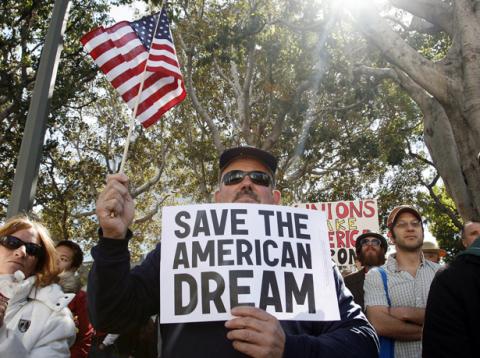
With thanks to the Alliance for Global Justice. The ongoing struggle in Haiti has not received the attention from the US left that it deserves. This article is reprinted from their website. Please check it out. http://afgj.org/
Former President of Haiti Jean-Bertrand Aristide is bing targeted for harassment by the government of current President Michel Martelly. The US supported Martelly regime is pursuing trumped up charges of corruption against Aristide in an attempt to further intimidate Haiti's pro-democracy movement. Pres. Aristide was overthrown in a 2004 coup that was organized and coordinated with US government funding via the International Republican Institute and its partners in the National Endowment for Democracy (NED). The NED is a US Congress created and funded organization that tries to manipulate the electoral affairs of foreign governments.
CLICK HERE to email a sample letter (or write your own!) to the Haitian Embassy and the Western Hemisphere Bureau of the US State Department.
FOLLOWING IS A MORE IN DEPTH REPORT ON
THE ATTACKS ON PRESIDENT ARISTIDE
Stop The Attacks On Former Haitian President Jean-Bertrand Aristide and the Lavalas Movement
An Urgent Call from Haiti Action Committee
On August 13, the
Haitian government summoned former President Jean-Bertrand
Aristide to court on corruption charges. This summons is part of a chilling
pattern of repression aimed at destroying Aristide’s political party, Fanmi
Lavalas, as the country approaches new legislative elections. We denounce it in
the strongest possible terms.
On March 18,
2011, tens of thousands of people followed President Aristide’s car as it drove
from the airport to his home, following his return from seven years of forced
exile. They then climbed over the walls into the courtyard of the Aristides’
residence to continue an emotional and heart-felt greeting for Haiti’s first democratically elected president, overthrown in a
U.S.-orchestrated coup in 2004. In his speech at the airport, President
Aristide focused on education and the importance of inclusion for all Haitians
in the process of restoring democracy.
Since his return,
President Aristide has done exactly what he promised to do – reopen the
University of the Aristide Foundation (UNIFA). On September 26, 2011 the Medical
School once again opened its doors. Today, there are over 900 students studying
medicine, nursing and law at a University whose mission is to provide higher
education to all sectors of Haitian society, not just the
children of the rich.
And yet, in spite
of this powerful and important work, Aristide and other Lavalas leaders and
activists remain the target of government harassment and attack. This is not
surprising; after all, the Haitian government of Michel
Martelly came to power after elections with a historically low turnout in which
Fanmi Lavalas, Haiti’s most popular political party, was
banned from participation.
Martelly has
embraced Jean-Claude “Baby Doc” Duvalier, the former Haitian dictator. Human rights organizations estimate that the
Duvaliers – “Papa Doc” and “Baby Doc” – were responsible for the deaths of over
30,000 Haitian citizens during their 29-year rule. While
Duvalier now lives freely in Haiti and was honored by
Martelly at the January 1st 2014 Haitian
Independence Day celebrations, President Aristide and the democratic movement
are under assault.
For over a
decade, U.S. and Haitian authorities have periodically
threatened President Aristide with indictment and “tried” him in the pages of a
compliant media. None of these charges has stuck, for the simple reason that
they are all lies. This is the third time since his return in 2011 that Haitian authorities have trumpeted charges against President
Aristide. Each time, after sensational headlines, the cases were unceremoniously
shelved after an initial hearing and interview, before President Aristide could
even challenge the accusations.
The politicized
nature of the charges is further evidenced by the history of the judge in the
case, Lamarre Bélizaire. The Port-au-Prince Bar Association has suspended
Bélizaire for ten years from the practice of law (the suspension to begin once
he steps down as judge) for using the court to persecute opponents of the
Martelly regime. This latest summons is one more example of a government
determined to derail any opposition.
Each time these
charges are trotted out, the goal is to defame Aristide, weaken Lavalas and
endanger the vital educational work that he has led since his return. Haiti’s grassroots movement knows that each new rumored
indictment is part of a campaign to intimidate and silence them. When President
Aristide was last called to court, thousands of people surrounded the
courthouse, chanting: “If they call our brother, they call all of us.”
Yesterday, once again, people took to the streets to show him their support.
We echo their voices. Enough
is enough. It is time for education, health care, and democratic development in
Haiti, not a resurgence of political repression. We call
on the Haitian government to withdraw this
warrant.
Sent by Haiti Action
Committeewww.haitisolidarity.net



